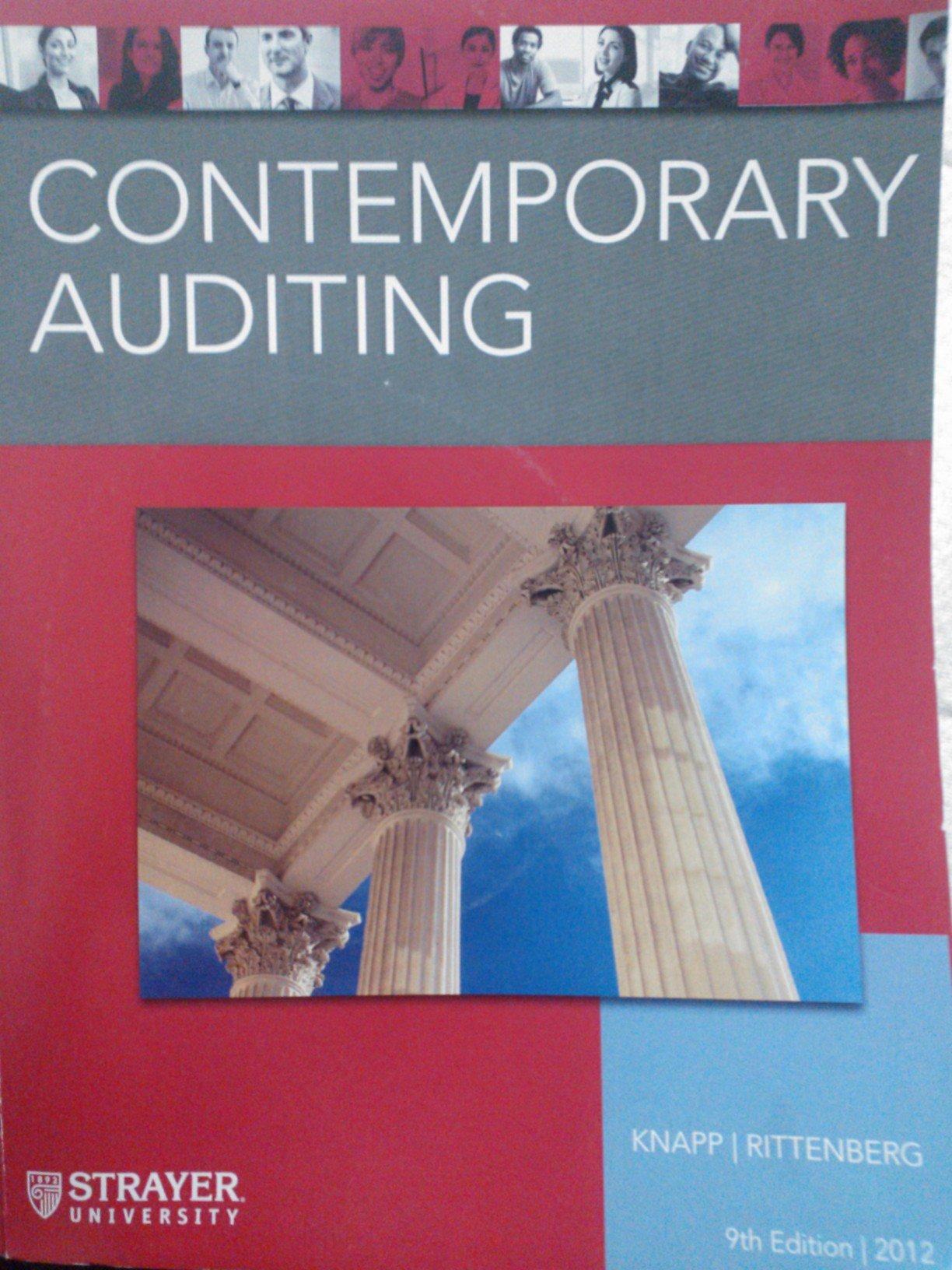Consider this scenario. You are the audit manager responsible for supervising the fieldwork for a major audit
Question:
Consider this scenario. You are the audit manager responsible for supervising the fieldwork for a major audit client. After hundreds of hours of hard work, the audit is successfully completed, the client receives a clean opinion, and you and your colleagues go on to your next assignment. Now, the bad news. Several months later, you discover that the client’s financial statements contain a material error, an error not revealed by the audit. What should you do at this point? What will you do? An audit manager with Touche Ross faced these difficult circumstances in 1986.
In the mid-1980s, Wisconsin-based American Fuel & Supply Company, Inc. (AFS), was a wholesale distributor of automotive supplies, lawn and garden supplies, and related products.1 AFS purchased merchandise from several vendors. One of the company’s largest suppliers was Chevron Chemical Company, a division of Chevron Corporation. Products that AFS purchased from Chevron included insecticides and weedkillers bearing the Ortho brand label. AFS’s president and sole shareholder directed the company’s day-to-day operations.
AFS prepared comparative financial statements for its fiscal year ending December 31, 1985, which were accompanied by an unqualified audit opinion issued by Touche Ross on February 28, 1986. The company distributed 100 copies of the financial statements, principally to creditors such as Chevron Chemical.
Several months following the completion of the 1985 AFS audit, Touche Ross personnel discovered that the company’s 1985 financial statements contained a material error. AFS had billed certain of its customers twice for merchandise they had purchased.
This error caused the company’s 1985 revenues to be overstated by nearly
\($1\) million. More important, the error had converted the net loss actually suffered by AFS that year to a reported net income. Chevron Chemical and other creditors of AFS later testified that they relied on the erroneous financial statements in deciding to continue extending credit to the company.
During August and September 1986, members of the AFS audit engagement team wrestled with the question of what they should do given the dilemma they faced.
A central figure in these deliberations was James Wagner, the audit manager who had supervised the field work on the 1985 AFS audit. In late August 1986, Wagner bluntly summarized the situation for his superiors: “There is a set of financial statements out being used by [AFS’s] vendors and lenders that has an error in it.”
Two weeks later, Wagner, a Touche Ross audit partner, and the accounting firm’s assistant legal counsel held a conference call to discuss the matter. During this conference call, these individuals agreed on the course of action Touche Ross would take to resolve the matter.
Questions:-
1. A major focus of the lawsuit that Chevron Chemical filed against Touche Ross was the auditing profession’s rules regarding the “subsequent discovery of facts existing at the date of the auditor’s report.” Those rules distinguish between situations in which a client cooperates with the auditor in making all necessary disclosures and situations involving uncooperative clients. Briefly summarize the differing responsibilities that auditors have in these two sets of circumstances.
2. Given your previous answer, do you believe that Touche Ross complied with the applicable professional standards after learning of the error in AFS’s 1985 financial statements? Explain.
3. Do you agree with the assertion of AFS’s legal counsel that Touche Ross would have violated the profession’s client confidentiality rule by withdrawing its 1985 audit opinion and notifying all relevant third parties of that decision? Why or why not?
4. Suppose that Touche Ross had resigned as AFS’s auditor following the completion of the 1985 audit but prior to the discovery of the error in the 1985 financial statements. What responsibility, if any, would Touche Ross have had when it learned of the error in AFS’s 1985 financial statements?
Step by Step Answer:






